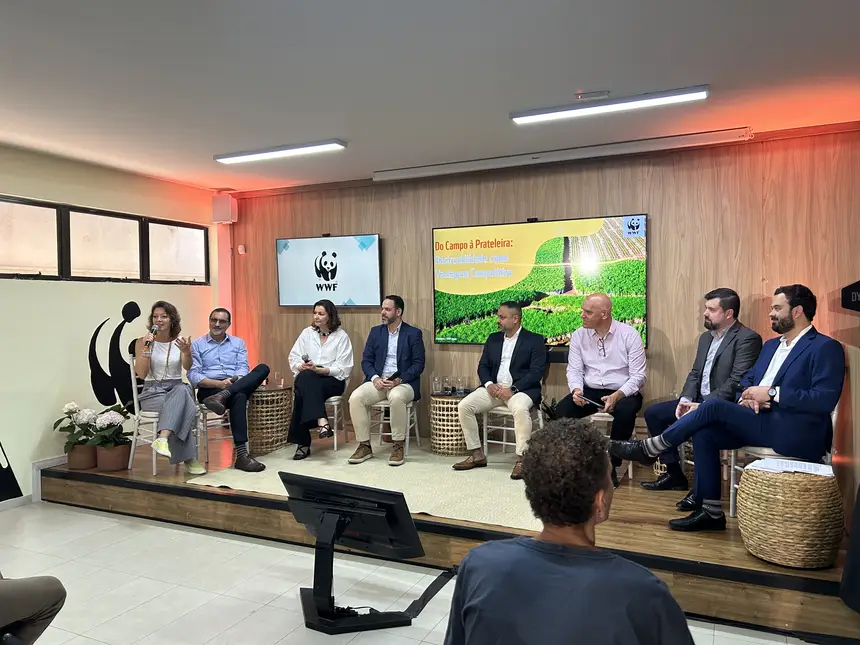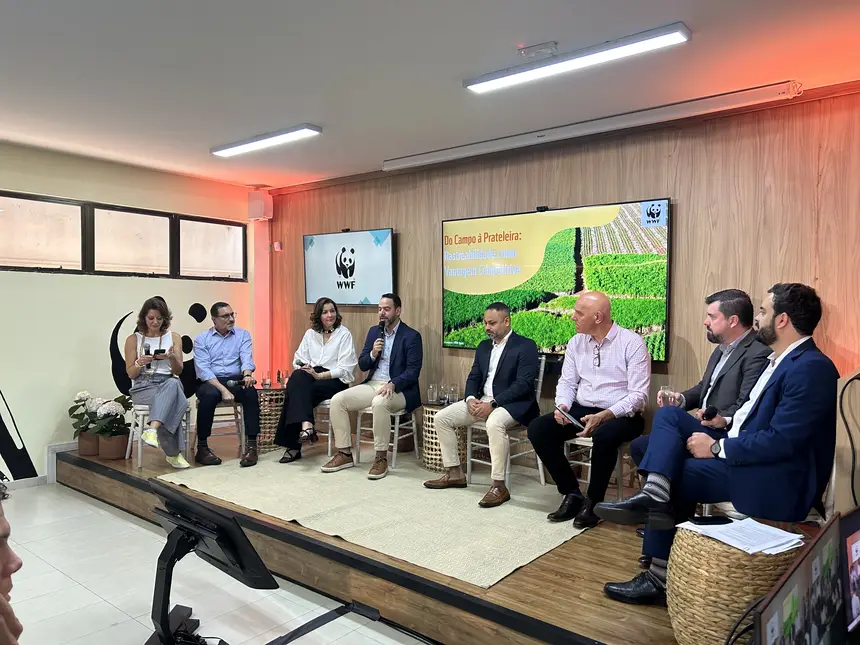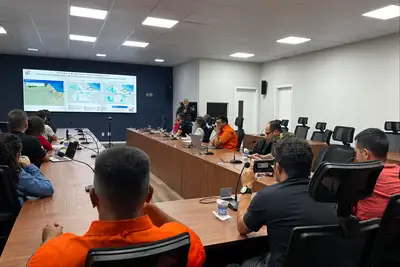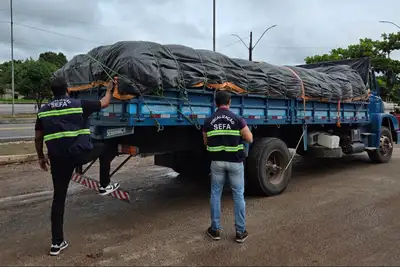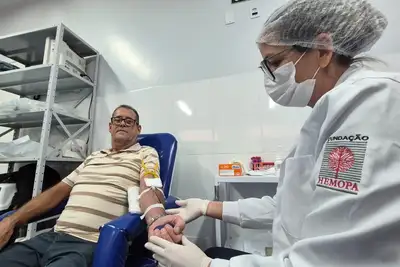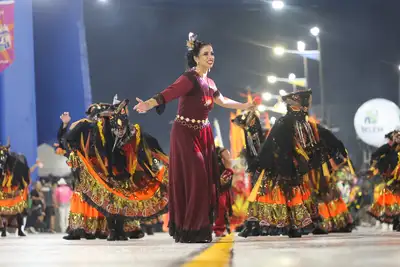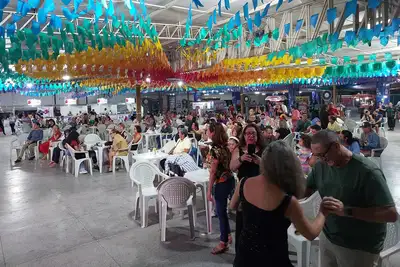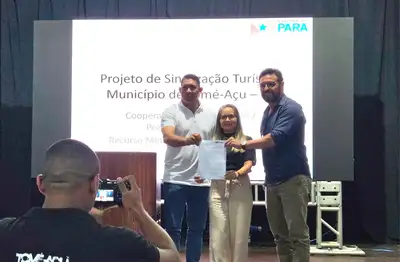'Sustainable Livestock' reinforces Pará's leadership in traceability and food safety
The initiative of the State government was highlighted at the Pré-COP30 event in Brasília, which brought together experts to discuss sustainable production and the expansion of the international market for Pará's meat
The Government of Pará, through the Agricultural Defense Agency (Adepará), presented the advances of the Sustainable Livestock Program at the event "Alliances and Paths: Dialogues for COP30," promoted by WWF-Brasil, in Brasília (DF). The initiative aimed to strengthen the transparency of the production chain and expand access to Pará's meat in international markets.
At the meeting, which brought together representatives from the public sector, the productive sector, and civil society to discuss strategies focused on traceability, sustainable production, and the expansion of the international market for Pará's meat, the general director of Adepará, Jamir Macedo, highlighted that the Program has been placing Pará at the forefront of animal traceability in Brazil.
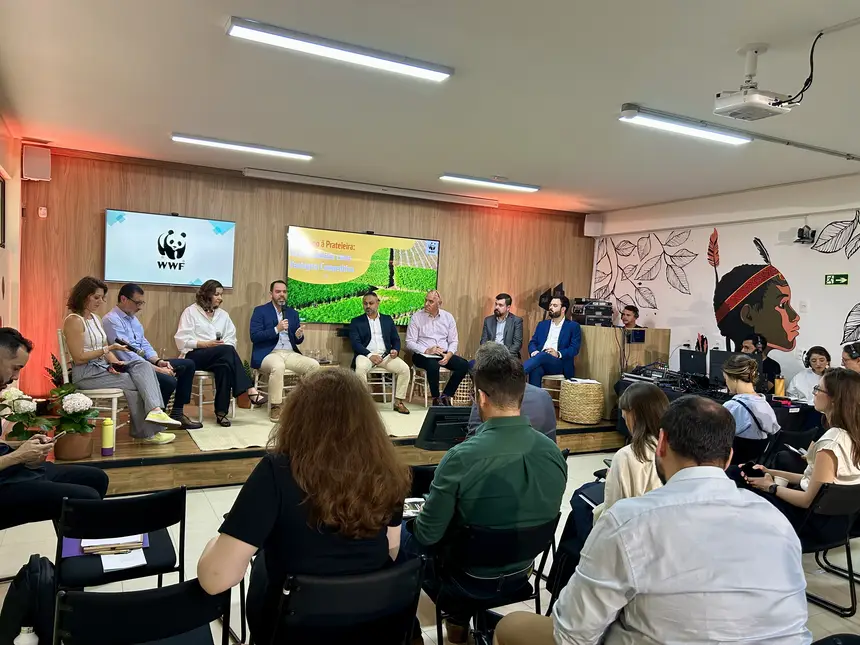
According to Jamir Macedo, "the 'Sustainable Livestock' is in full expansion, with teams in the field visiting rural properties. The State is responsible for providing the identification element and conducting traceability free of charge for producers with up to 100 head of cattle, while producers with more than 100 animals can acquire it at agricultural resellers. Today, there are already more than 175,000 animals identified in the cattle traceability system," he informed.
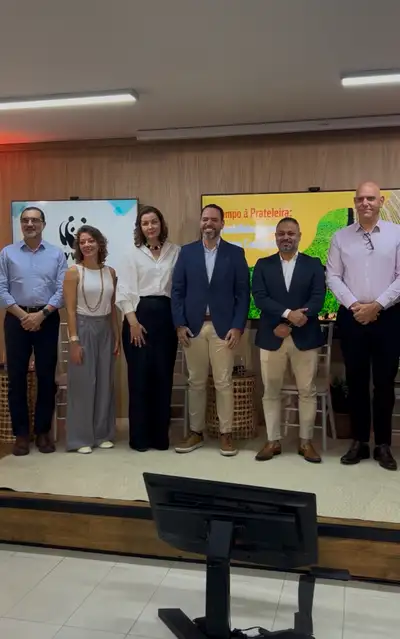
Transparency and competitiveness - The initiative, pioneering in Brazil, consolidates a partnership between the public and private sectors to ensure high productivity, sanitary safety, and socio-environmental responsibility. With traceability, Pará strengthens the transparency of the production chain, proves the origin of the produced meat, and expands access to demanding international markets, enhancing its production.
"We have two major goals: starting January 1, 2026, all cattle transit in the State must be identified, meaning that breeding, rearing, fattening, slaughter, or export animals that transit in the State must have the identification element. The other goal anticipates that by January 1, 2027, the entire Pará herd will be identified," Jamir Macedo revealed.
International credibility - During the discussions, experts emphasized that Pará has demonstrated leadership and innovation in implementing sustainable practices and using technologies that connect the field to international demands for deforestation-free and conversion-free products.
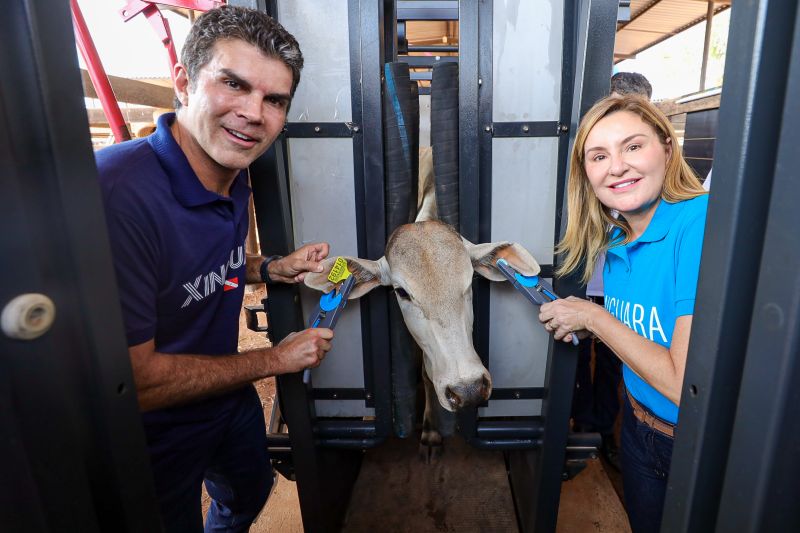
"Pará has been leading innovative initiatives related to traceability. This dialogue allows for discussing models and strategies that represent a structural transformation led by the State government," highlighted Daniela Teston, Corporate Relations Director at WWF-Brasil.



